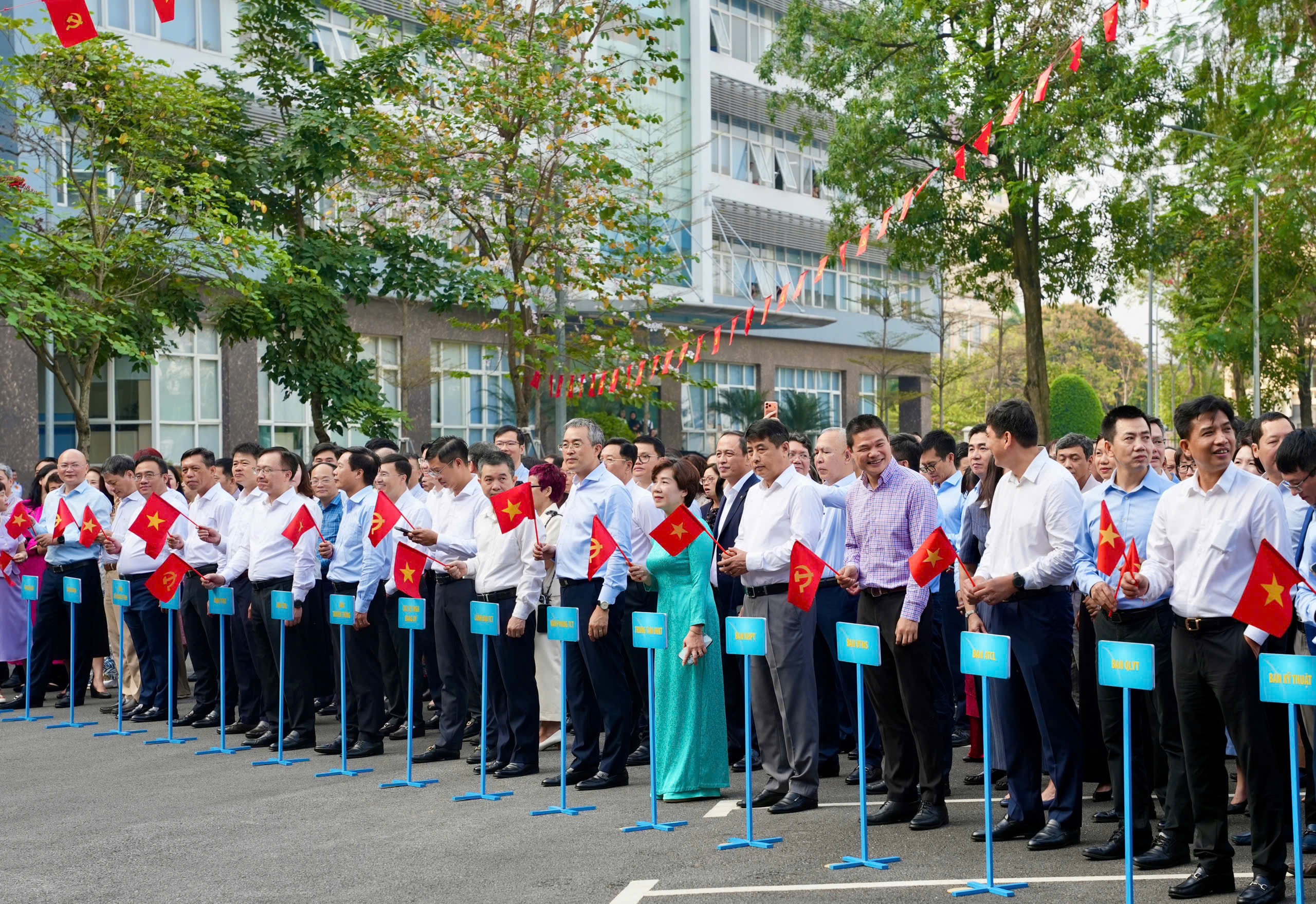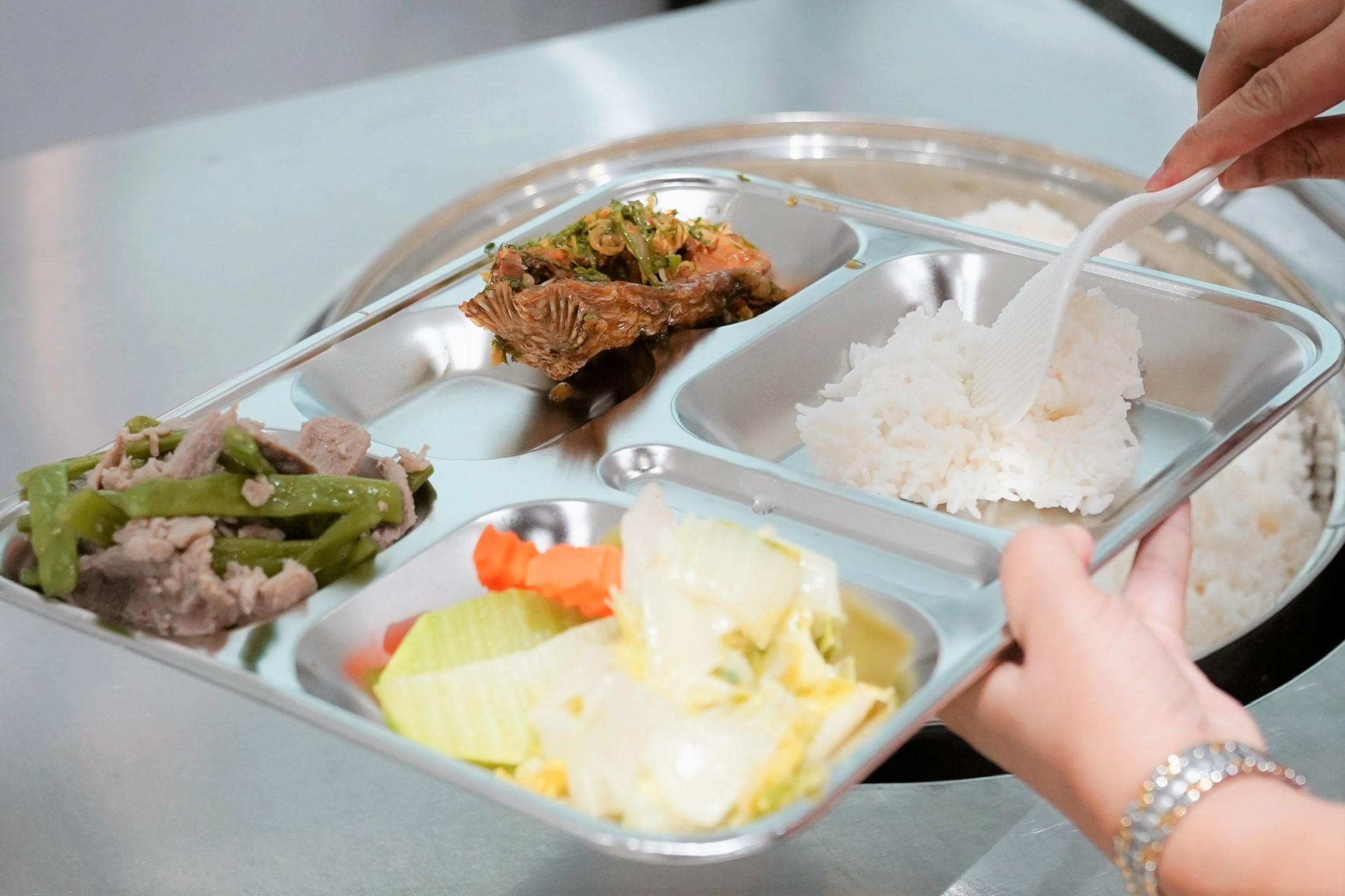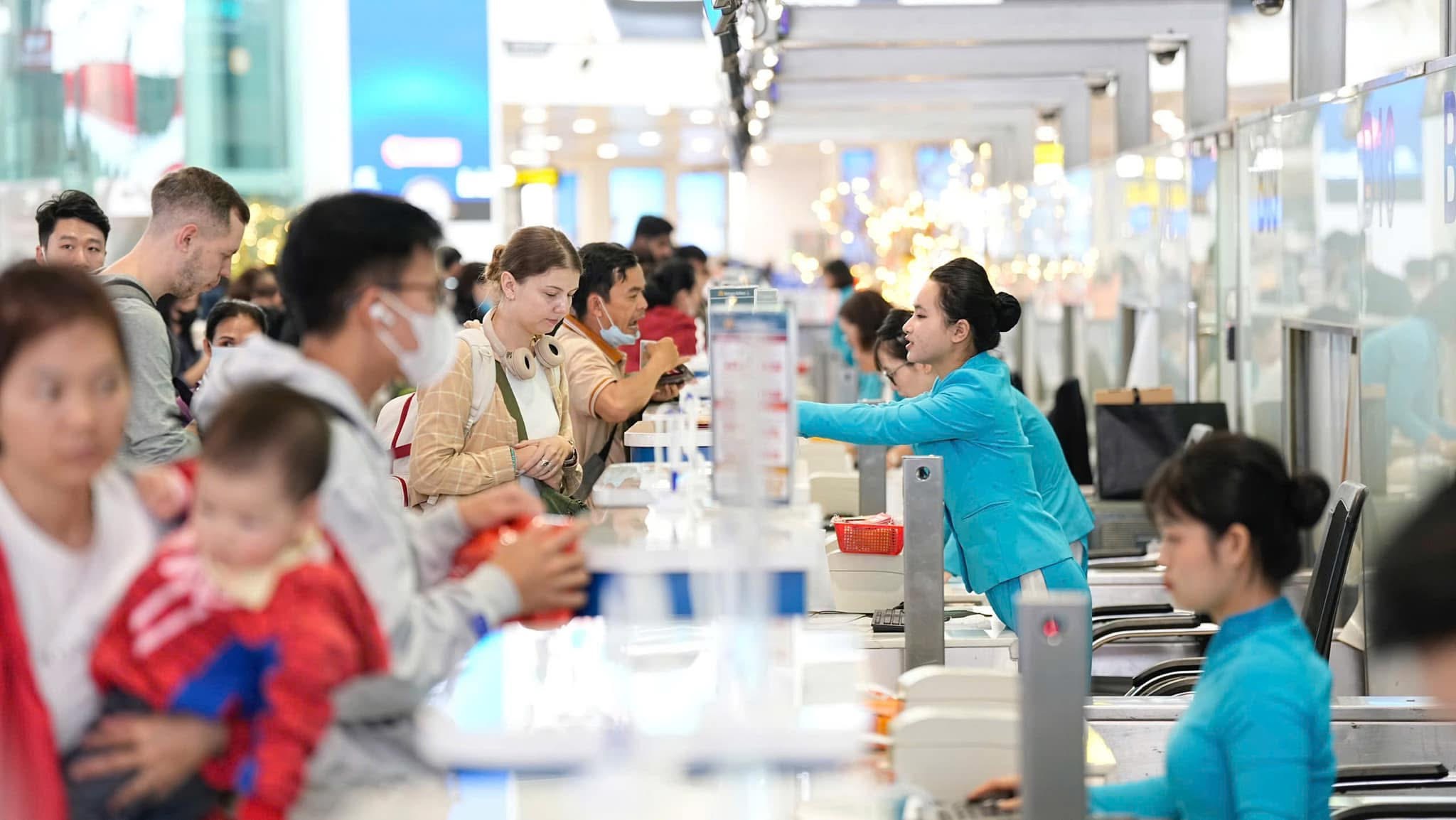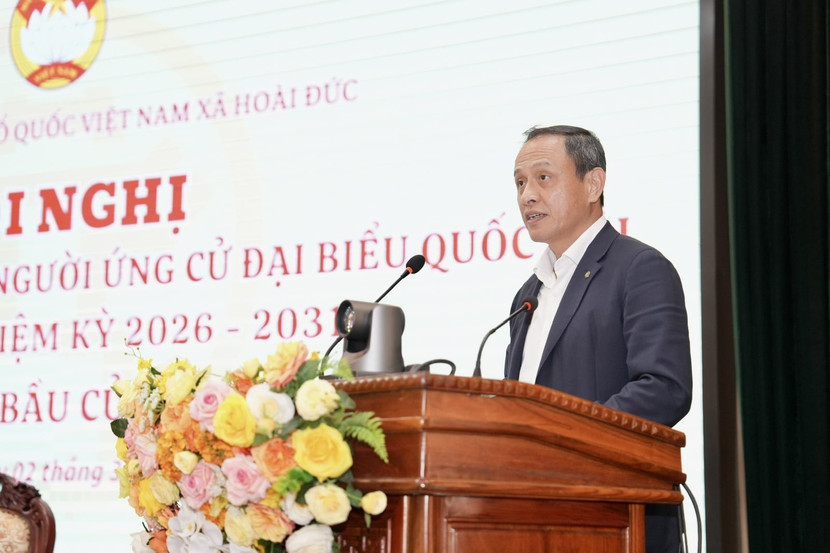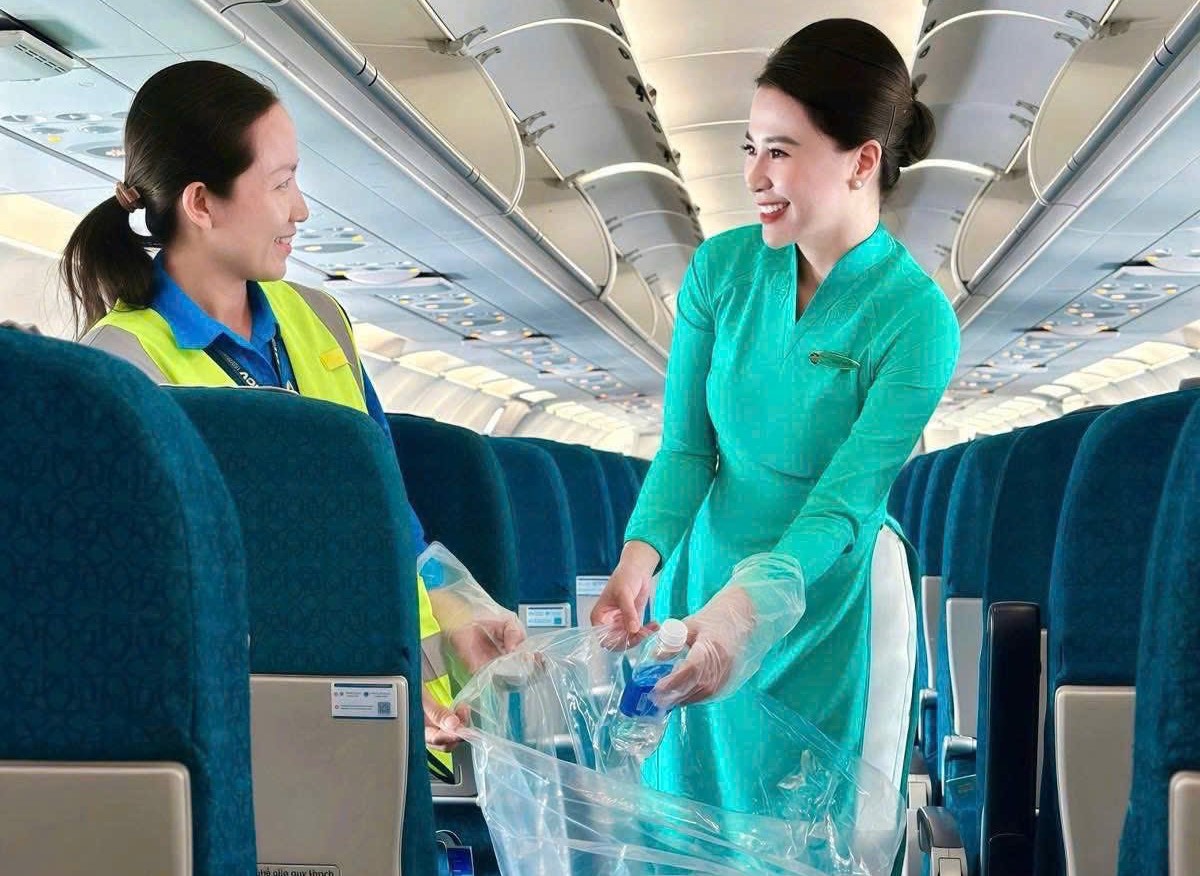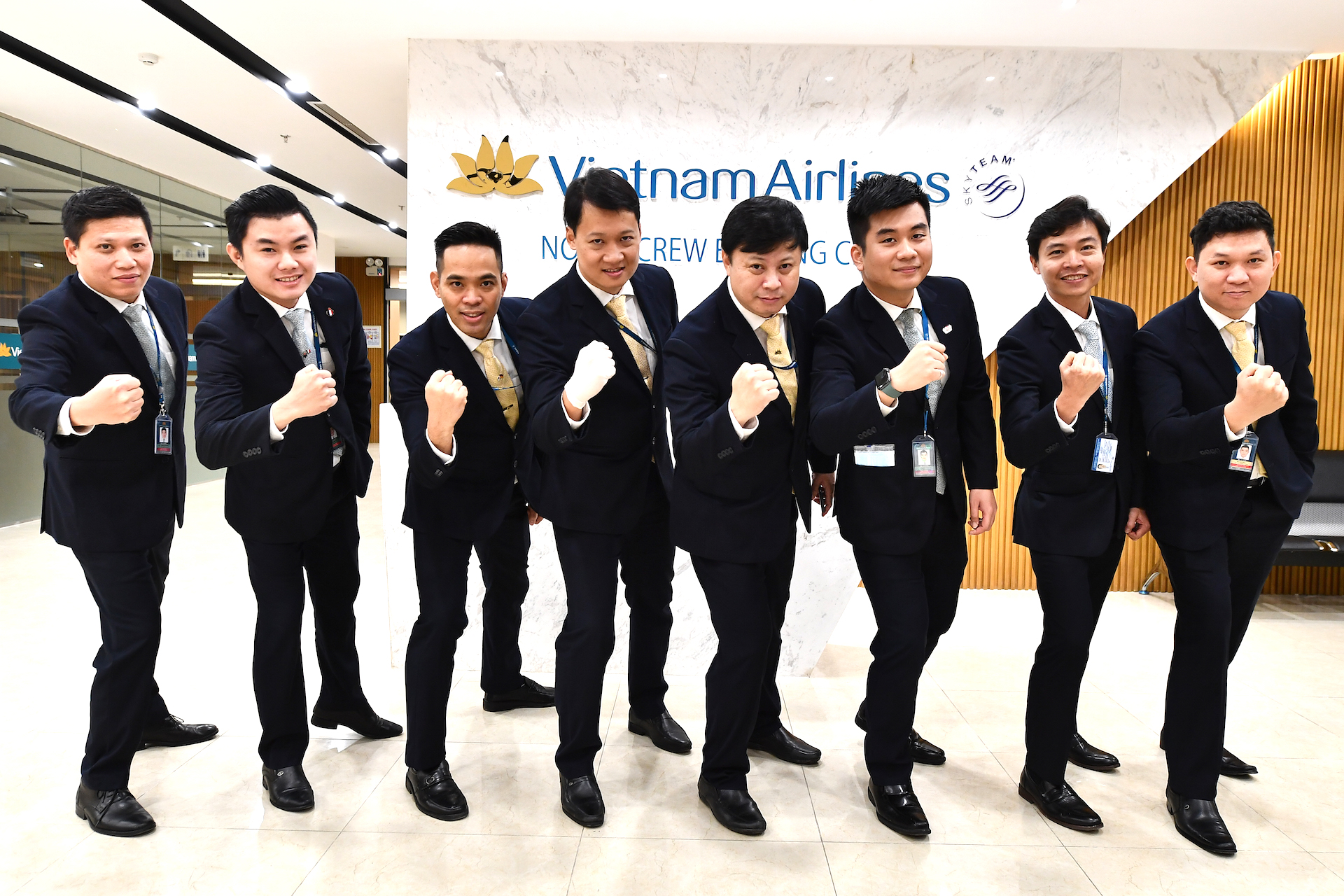
After the flight had been operated successfully, I could not remember clearly how I felt at that point because my feelings altered continuously. As this was a specialized flight, we had dozens of things that needed to be prepared to pick up our Vietnamese citizens from Wuhan, while ensuring overall safety for ourselves as well as the whole team. The cabin crew members working on this flight were selected from a list of 33 male and female flight attendants, who volunteered to take on the mission.
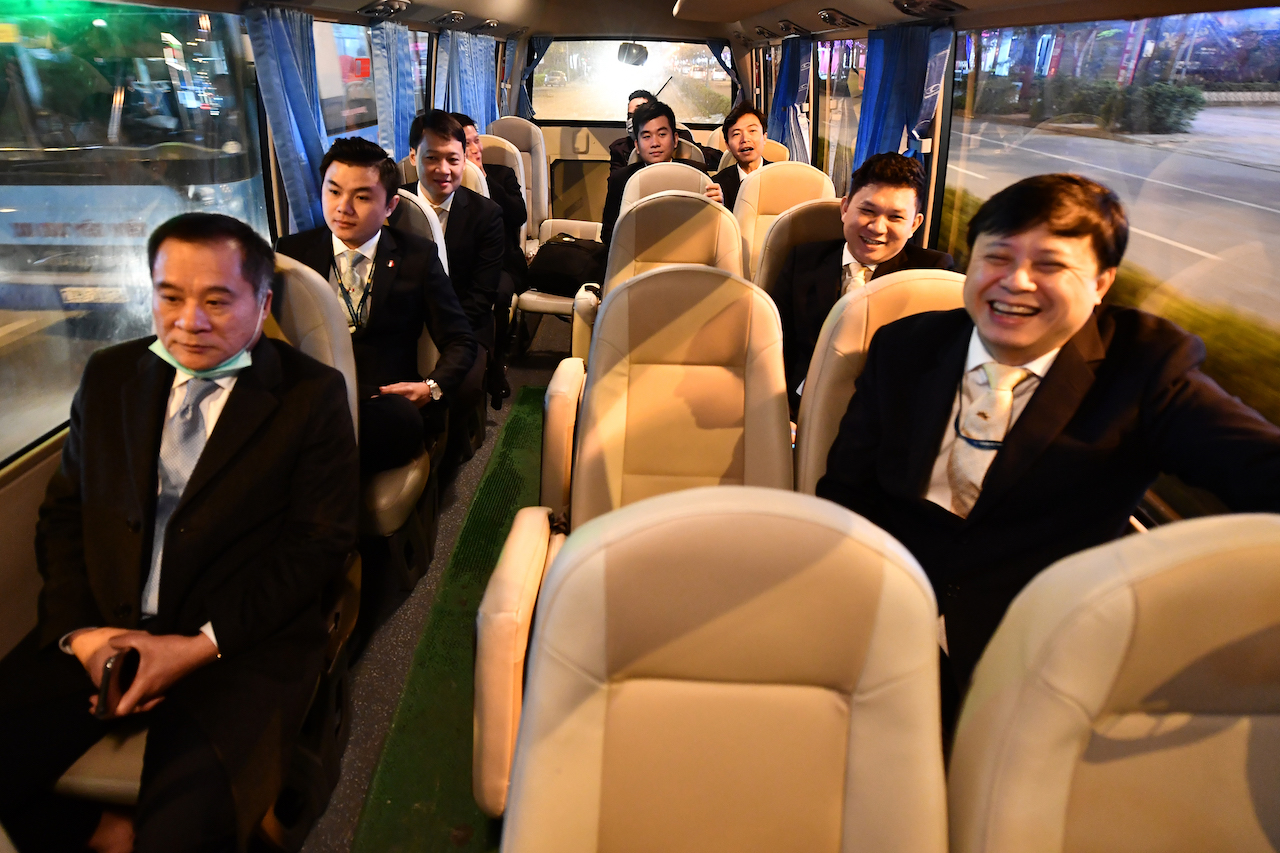
To avoid the risk of infection, the whole team wore protective clothing right from the start. At the same time – as passengers were also required to put on protective clothing and medical face masks – VNA did not offer inflight meals, magazines, blankets, or entertainment services. The most challenging part perhaps was equipping children with face masks and protective clothing.
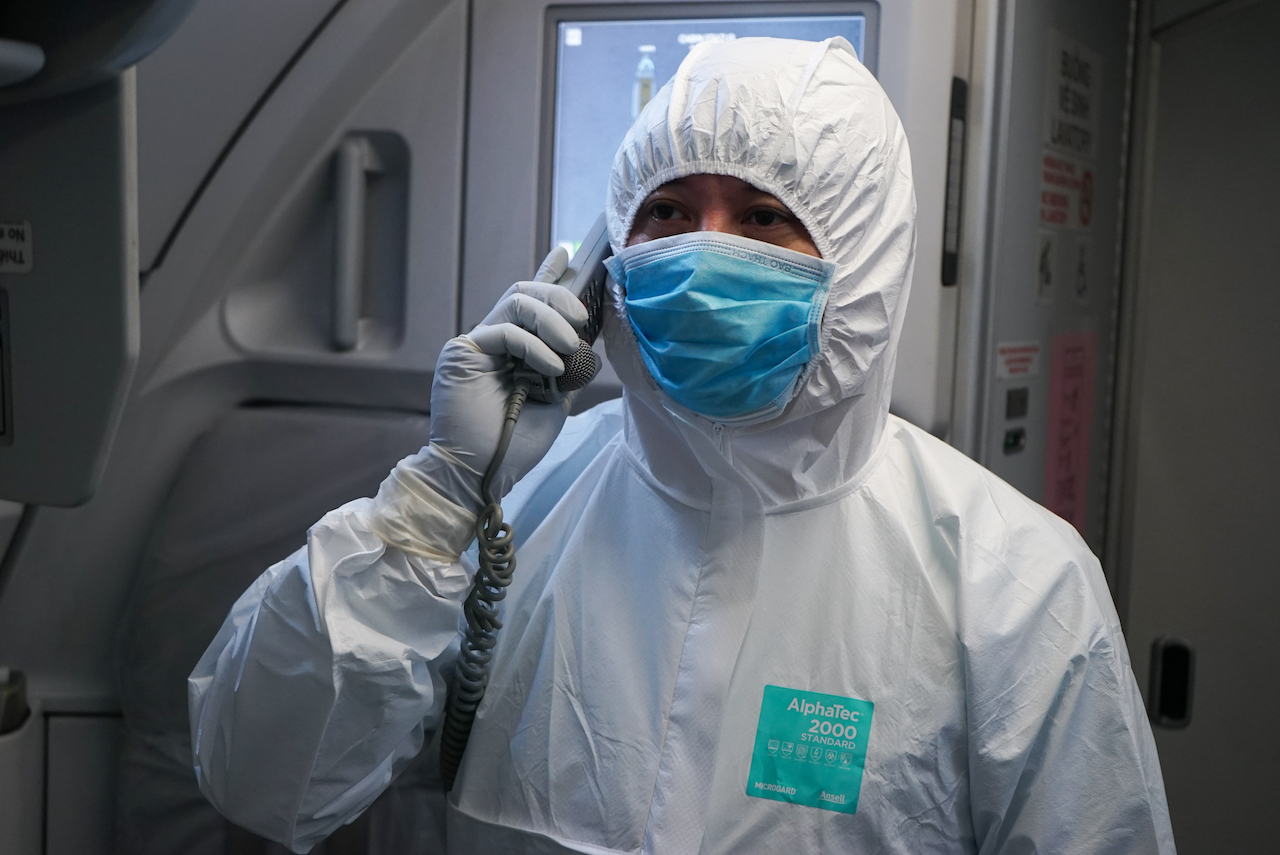
Before boarding, all passengers followed the doctors’ orders, wearing personal protective clothing and equipment as requested. We also made preemptive plans and preparations for a variety of scenarios while serving passengers on this flight – including a case in which a passenger might have a cough or a fever. During the journey, most passengers fell asleep after the plane had taken off because they were seemingly very tired. Another unique thing that I will never forget was the presence of a 36-week-pregnant woman onboard who looked ready to give birth at any moment. Thus, the cabin crew had to learn a “skill” beforehand – delivering a baby. Fortunately, we were not required to show off this “skill!”
After landing, everyone heaved a sigh of relief when the doctors announced that all passengers’ health was in normal condition.
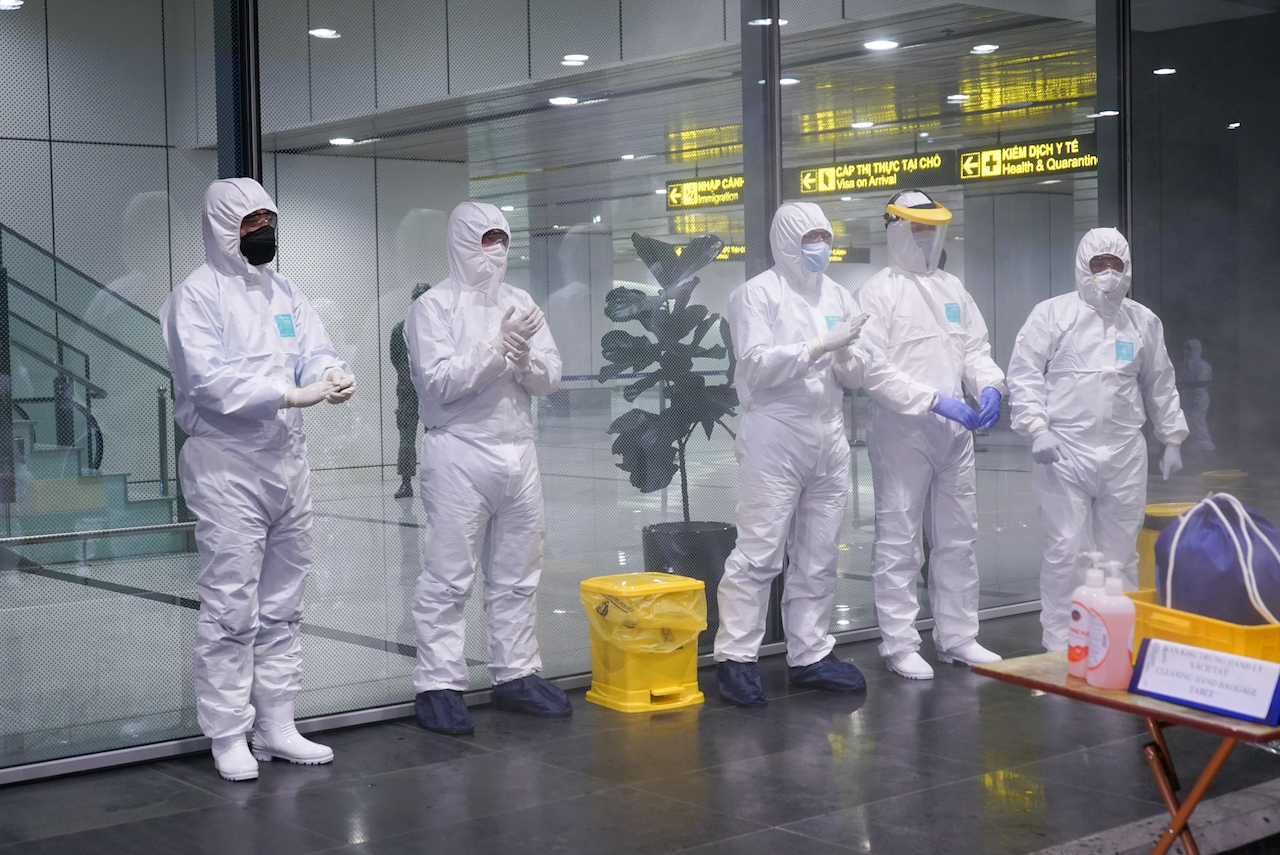
Perhaps we felt the most relieved when getting rid of the personal protective clothing and equipment. These items made us sweat a lot even though the temperature was only 3 degrees Celsius when we arrived in Wuhan. In spite of nine intense working hours without eating, drinking, or going to the bathroom (all crew members had to wear adult diapers for the absolute prevention of infection), we were happy when this specialized flight ended safe and sound.
By the end of the flight, the whole crew was ready for a seven-day (mandatory) “vacation.” Recalling the assignments for worker evacuation in Libya, in Japan due to tsunami, in Cambodia because of riots – these crews rarely had days off during such times. However, for this case, to ensure safety, we had to be isolated for health status monitoring. Hence our long “vacation.” We all saw this as a chance to recharge our energy and be ready for the new journeys and challenges ahead.
Nguyen Mai Huong-COMM






